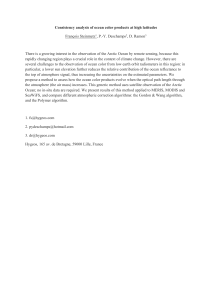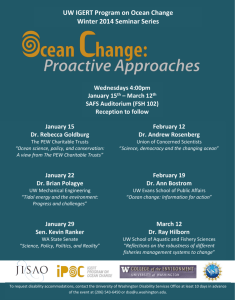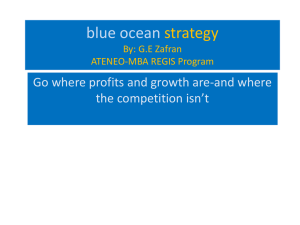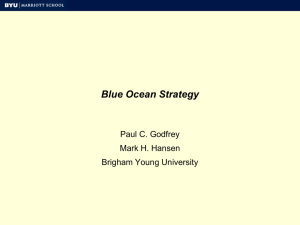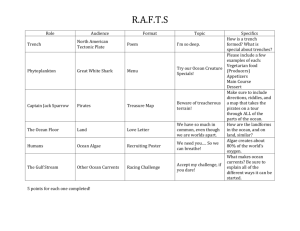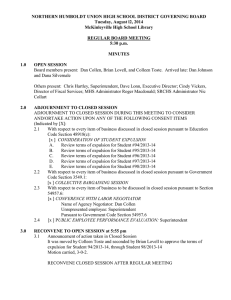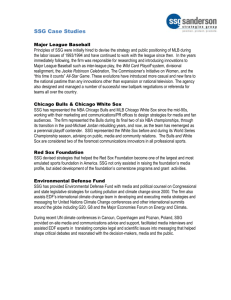presentation
advertisement
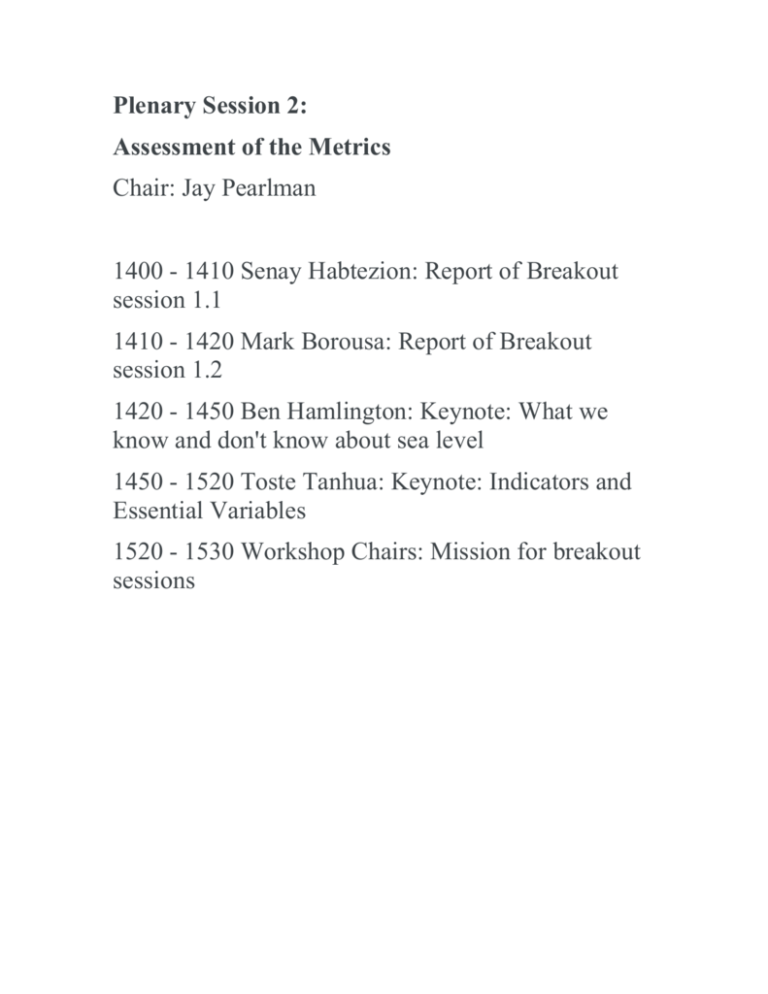
Plenary Session 2: Assessment of the Metrics Chair: Jay Pearlman 1400 - 1410 Senay Habtezion: Report of Breakout session 1.1 1410 - 1420 Mark Borousa: Report of Breakout session 1.2 1420 - 1450 Ben Hamlington: Keynote: What we know and don't know about sea level 1450 - 1520 Toste Tanhua: Keynote: Indicators and Essential Variables 1520 - 1530 Workshop Chairs: Mission for breakout sessions Dr Toste Tanhua Keynote: Indicators and Essential Variables IOCCP SSG CHAIR GEOMAR The IOCCP Scientific Steering Group (SSG) is currently composed of 1 Chair and 9 Members to provide a global perspective on current research and observation activities in marine biogeochemistry as well as on future directions for the community. Research Interests • Transient tracers in the ocean • Ocean ventilation and mixing • Tracer Release Experiments to quantify mixing • Trace gas analysis technique development Toste's research interests are strongly connected with cycling and transport of biogeochemical properties within the ocean interior. To this end he's been making measurements of transient tracers, such as CFC-12 and SF6, in the interior ocean for more than 20 years. He's been also a leading PI in many deliberate tracer release experiments that allow us to better characterize interior-ocean mixing processes. Toste has also a strong interest in ocean observations, advocating open-access data policies and integrating observations with modeling / assimilation efforts. After three years of service as an ocean interior data expert, Toste was appointed the SSG Chair in 2011 Ben Hamlington Keynote: What we know and don't know about sea level Old Dominion University, Norfolk, VA, USA Research Interests The change of sea level in response to the warming of our planet is of great interest for both scientific and socio-economic reasons. Sea level change has enormous socio-economic implications for the planet as coastal populations become more susceptible to storm surges and eventually inundation from the oceans. In addition, sea level is an essential climate variable and critical indicator of how our planet is responding to climate change. Sea level, when averaged globally, responds primarily to the amount of heat absorbed by the oceans, and the melting of land ice.



